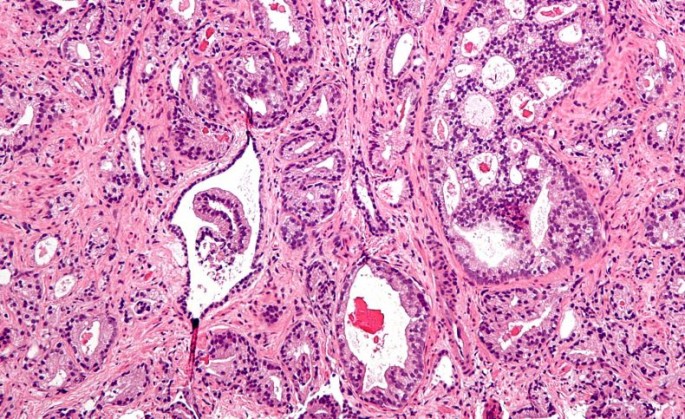There is no association between having a vasectomy and developing prostate cancer, said a new study from the American Cancer Society.
Researchers at the American Cancer Society analyzed data from more than 363,000 men (including 42,000 that underwent a vasectomy) who participated in the broader ongoing Cancer Prevention Study II that began in 1982.
All the men were older than 40, the typical age range for men contemplating, and having, a vasectomy. Some 7,400 participants died of prostate cancer during the 30 year period of the study.
Some 10 percent of middle-age men in the United States have had a vasectomy. Prostate cancer is the second most common cancer among men in the U.S. behind melanoma.
The study found there was no difference in prostate cancer development between those who did and did not have a vasectomy.
"Vasectomy is a quick, inexpensive, long-term method of birth control ... If there's no increased in risk, nobody should be discouraged," said Dr. Eric Jacobs, a cancer epidemiologist at the American Cancer Society who led the study.
"We wanted to help inform that decision."
The team hopes the findings ease any concerns among men contemplating a vasectomy.
"The overall weight of all of the evidence is that vasectomy is unlikely to meaningfully increase risk of any type of prostate cancer," said Dr. Jacobs.
A major study conducted on health professionals in 2014 was the first large-scale study to discover an association between having a vasectomy and developing prostate cancer.
The underlying biology is unknown, but the study showed a 10% increase in the risk of developing this form of cancer, as well as a 20% higher risk of fatal prostate cancer among men who had a vasectomy compared with those who did not. But experts agreed the overall risk found was low.
The new study published in the Journal of Clinical Oncology might help lower any anxiety about a link between a vasectomy and prostate cancer.
The current and previous studies were similar in size in terms of the number of participants with any form of prostate cancer. Dr. Jacobs said his research had greater insight into the likelihood of developing fatal forms of the cancer.
It included over 7,000 people who died of prostate cancer compared to 800 in the 2014 study.



























